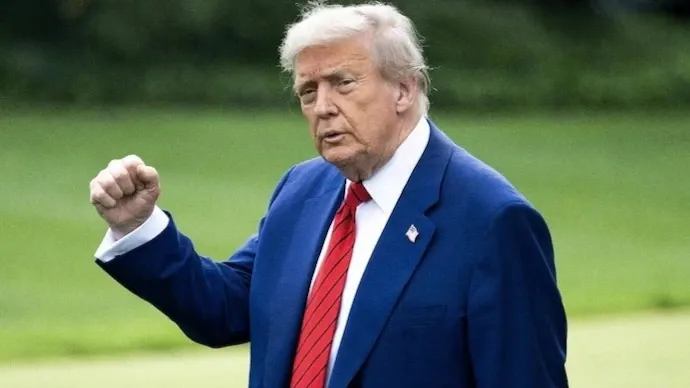A sudden White House declaration has upended Middle East diplomacy: President Donald Trump proclaimed a ceasefire between Israel and Iran, catching even his senior advisers off guard.
Sources close to the discussions say Trump spoke directly with Israeli Prime Minister Benjamin Netanyahu and unnamed Iranian officials, while Qatar acted as an essential intermediary. The announcement punctuates decades of proxy clashes and rhetorical hostility that have often drawn the United States deeper into regional tensions.
The ceasefire pledge drew a split reaction. Supporters framed it as a bold bid for regional stability, noting Trump’s willingness to challenge diplomatic convention. Skeptics warned that a hastily brokered deal—one that bypassed key national-security staff—could unravel as quickly as it materialised.
White House aides reportedly scrambled to confirm details, highlighting gaps in internal coordination. Diplomatic observers emphasised that enduring peace will depend on verification mechanisms, clear timelines, and buy-in from powerful defence establishments on both sides.
Trump’s unconventional style has produced dramatic turns before—from withdrawing the U.S. from the Iran nuclear deal to unveiling the Abraham Accords. This latest gambit follows that pattern: headline-grabbing, high-risk, and potentially transformative.
Regional analysts caution that mutual distrust between Jerusalem and Tehran runs deep. Without robust enforcement, today’s ceasefire could become tomorrow’s flashpoint. Yet if sustained, the agreement might cool one of the world’s most volatile fault lines and reshape U.S. influence across the Gulf.
Observers across Washington and the Middle East now watch warily to see whether the ceasefire endures—or whether it proves another transient chapter in a turbulent regional saga.

